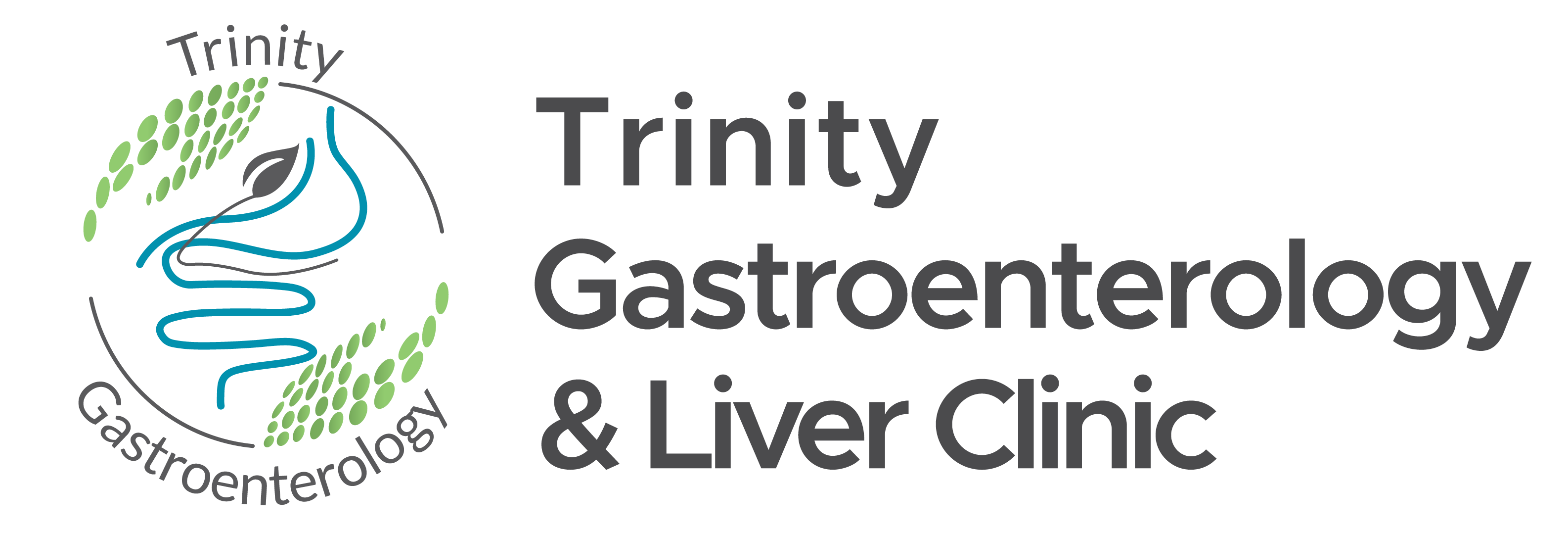Digestive health plays a crucial role in our overall well-being. The digestive system is responsible for breaking down the food we eat, absorbing nutrients, and eliminating waste. When our digestive system is not functioning properly, it can lead to a host of health issues. In this blog, we will explore why maintaining good digestive health is essential, the common issues that can arise, and tips for keeping your digestive system in optimal condition.
Why Digestive Health Matters
A healthy digestive system is vital for numerous bodily functions:
- Nutrient Absorption: Proper digestion ensures that your body absorbs essential nutrients from the food you eat, providing the energy and building blocks needed for growth, repair, and maintenance of bodily functions.
- Immune Function: A significant portion of your immune system resides in your gut. A healthy digestive system supports a robust immune response, helping to protect against infections and illnesses.
- Mental Health: The gut-brain axis is a complex communication network that links the gut and the brain. A healthy gut contributes to better mental health and can help reduce symptoms of anxiety and depression.
- Detoxification: Your digestive system helps eliminate waste and toxins from the body, preventing the build-up of harmful substances that can affect your health.
Common Digestive Issues
Several common issues can affect digestive health, including:
- Constipation: Characterized by infrequent bowel movements and difficulty passing stool. It can result from a low-fiber diet, dehydration, or a sedentary lifestyle.
- Diarrhea: Frequent, loose, or watery stools can be caused by infections, food intolerances, or digestive disorders like IBS.
- Acid Reflux: When stomach acid flows back into the esophagus, causing heartburn and discomfort. It can be triggered by certain foods, obesity, or lifestyle habits.
- Irritable Bowel Syndrome (IBS): A functional gastrointestinal disorder with symptoms like abdominal pain, bloating, and altered bowel habits.
Tips for Maintaining Good Digestive Health
Maintaining good digestive health involves adopting healthy habits and making mindful choices:
- Eat a Balanced Diet: Incorporate a variety of fruits, vegetables, whole grains, and lean proteins into your diet. These foods are rich in fiber, vitamins, and minerals that support healthy digestion.
- Stay Hydrated: Drinking plenty of water helps keep your digestive system functioning smoothly by preventing constipation and aiding in nutrient absorption.
- Exercise Regularly: Physical activity stimulates the muscles in your digestive tract, promoting regular bowel movements and reducing the risk of constipation.
- Manage Stress: Chronic stress can negatively impact your digestive health. Practice stress-reducing techniques such as yoga, meditation, or deep breathing exercises.
- Avoid Smoking and Limit Alcohol: Smoking and excessive alcohol consumption can damage the digestive system and lead to various gastrointestinal issues.
Conclusion:
Digestive health is a cornerstone of overall well-being. By understanding its importance and taking steps to maintain a healthy digestive system, you can improve your nutrient absorption, immune function, mental health, and detoxification processes. At Trinity Gastroenterology and Liver Clinic, we are committed to helping you achieve and maintain optimal digestive health. If you have any concerns or symptoms related to your digestive health, don’t hesitate to contact us for expert advice and treatment.

